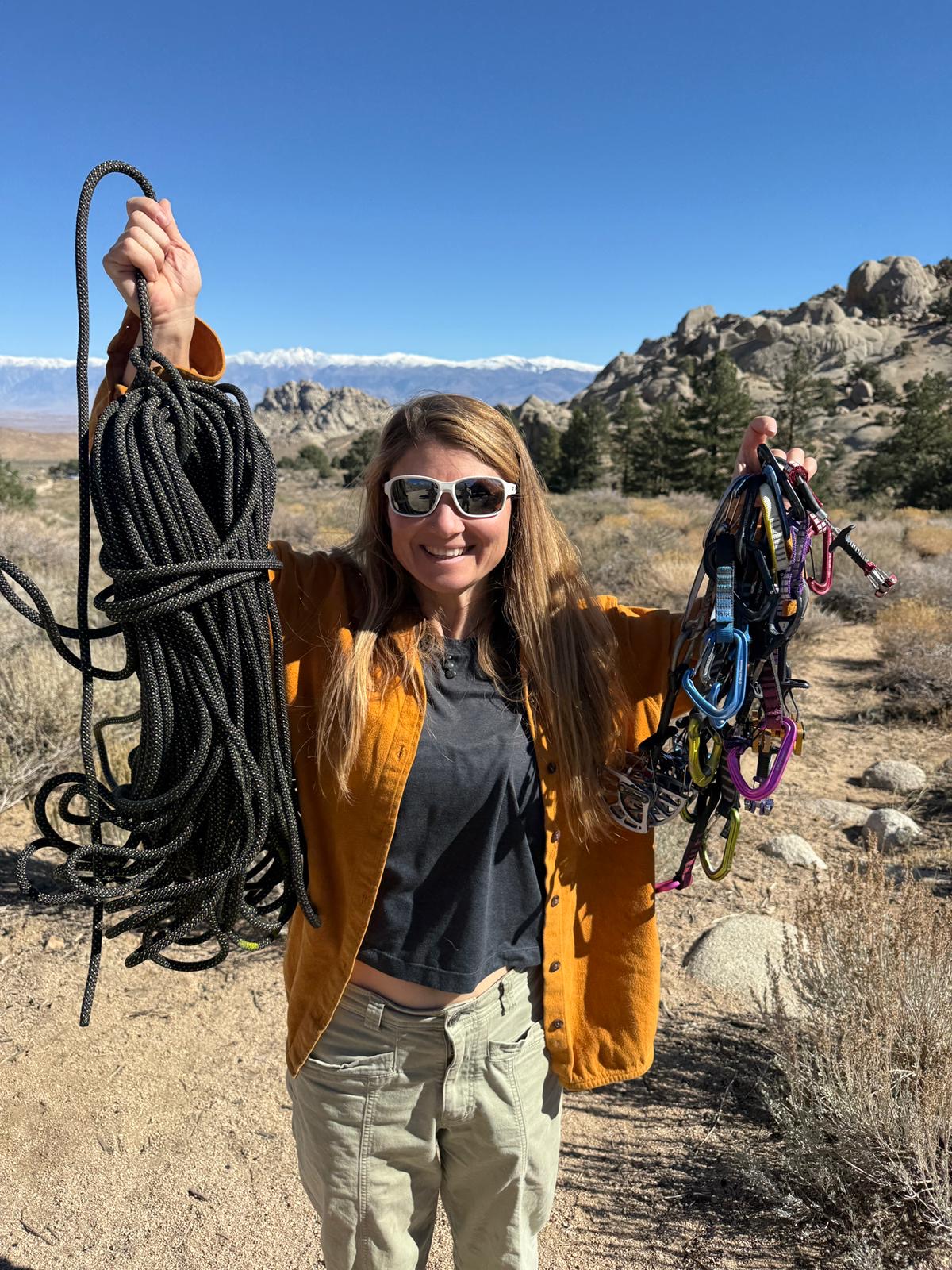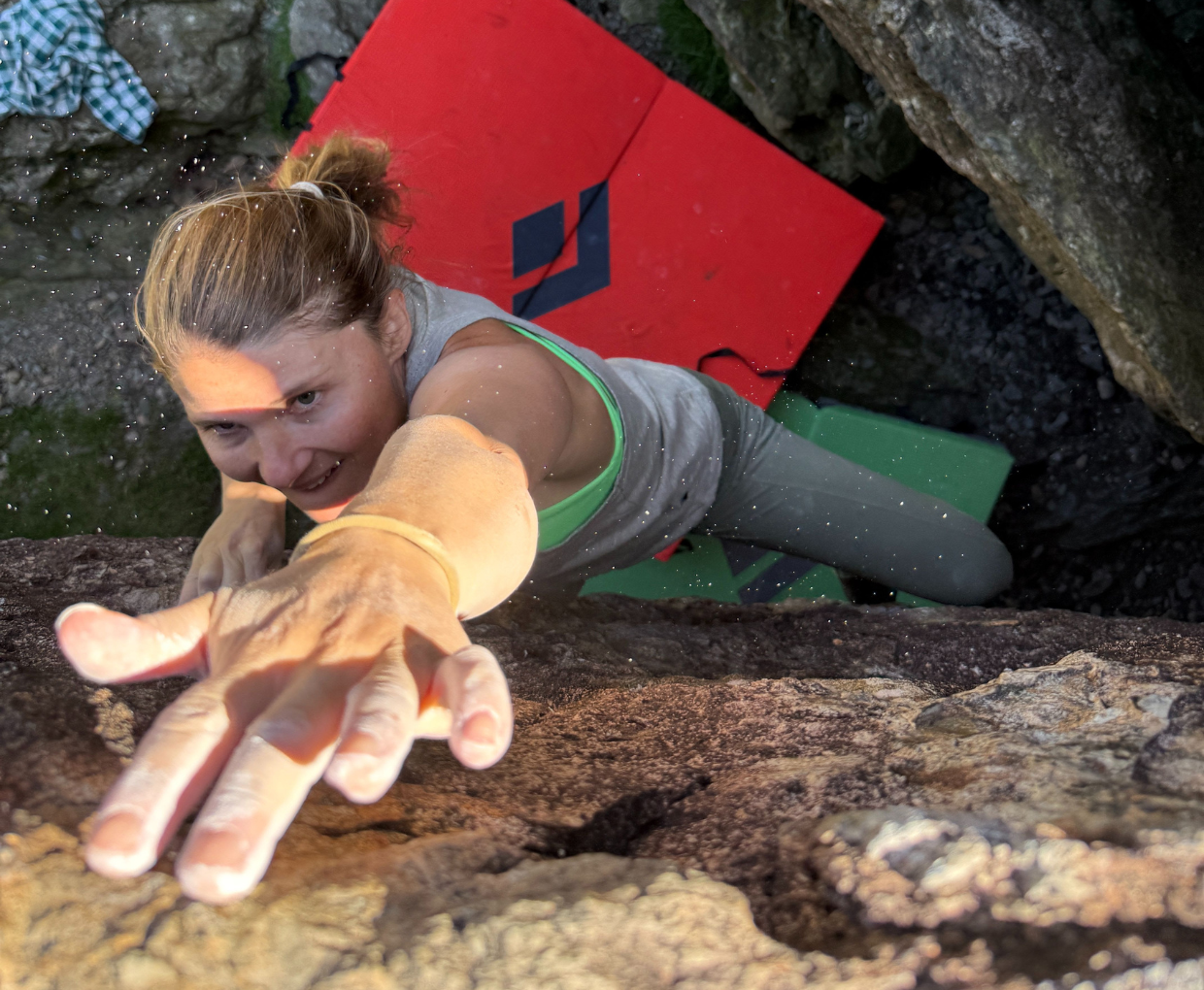Best rock climbing gifts 2025: 22 gifts climbers will actually love
Looking for the perfect gift for the climber in your life? You probably know already that climbers aren’t the easiest people to buy for. We’re all into different disciplines, most of us have already received enough accessory carabiners, and no one needs another novelty mug shouting “Eat. Sleep. Climb. Repeat.”







































